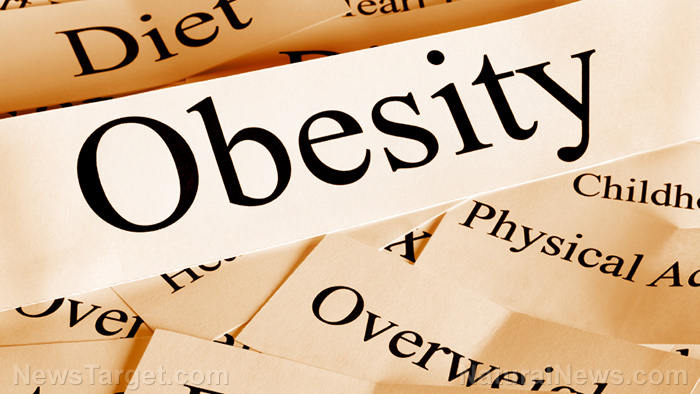
Why, then, has a group of professors from Toronto’s York University called for an end to the categorization of obesity as a “significant health issue”? They say such a label perpetuates “fat-shaming” and “stereotypes.”
There is obviously quite a bit of poor logic at play here. Most of us don’t condone snickering as a fat person squeezes past us, but there is nothing insensitive about pointing out that obesity is a health issue. It is a health issue, plain and simple, and anyone who denies that is absolutely delusional.
It’s hardly “fat shaming” to state a fact, and when a doctor tells a patient to lose weight, their goal is not to make that person feel bad about themselves; they are merely offering some proven advice for how to improve their health. Ask any person who has recently lost significant weight if they feel better now, and their answer is most likely to be a resounding Yes.
The leader of this group of professors, York University’s Health Policy Professor Stella Medvedyuk, said that people should instead look at “social determinants of health” like employment status and race. She claims these are more predictive of health.
Do social factors play a role in obesity? Of course they can, but the contribution of choosing a poor lifestyle to a person’s weight cannot be ignored. Some might argue that unhealthy foods tend to be more affordable, and in some cases that might be true, but any individual can opt to go for a walk rather than plop down in front of the TV, as PJ Media’s Toni Airaksinen points out.
Medvedyuk even goes so far as to say that “the role of obesity in producing adverse health outcomes is at best minimal and it may not play any role in adverse health outcomes.”
This statement raises serious questions about the motivations of the individuals involved. How can they ignore a body of evidence that contains hundreds of thousands of studies full of links between obesity and diabetes, cancer, cardiovascular problems and other conditions? Obese people, regardless of their fitness level, are more likely to die young than people who are at a normal weight; how is that not a health issue?
Pretending obesity isn't a health problem won't help obese people
The professors say that talking about obesity implies that people are irresponsible with their lifestyle choices. What is wrong with that? Should we pretend that gaining weight is just something that magically happens to some unlucky people to avoid making any overly sensitive overweight people feel bad about themselves? Many obese individuals are well aware of the role their choices played in their condition; there is no need to tiptoe around it. These people don’t need to be mocked, of course, but they do need to be helped, and if we pretend that poor eating and a lack of exercise didn’t cause their problem, they have no hope of correcting it!
According to Ms. Medvedyuk’s LinkedIn profile, after a six-month stint as a research assistant at York University, she now works as a procurement sourcing specialist for food giant Nestle. Suddenly all of this makes a lot more sense. It’s a relief that she doesn’t appear to be shaping young minds in academia, and it’s interesting to note that if her efforts to make people believe obesity isn’t unhealthy are successful, her current employer has a lot to gain.
Sources include:
Please contact us for more information.























